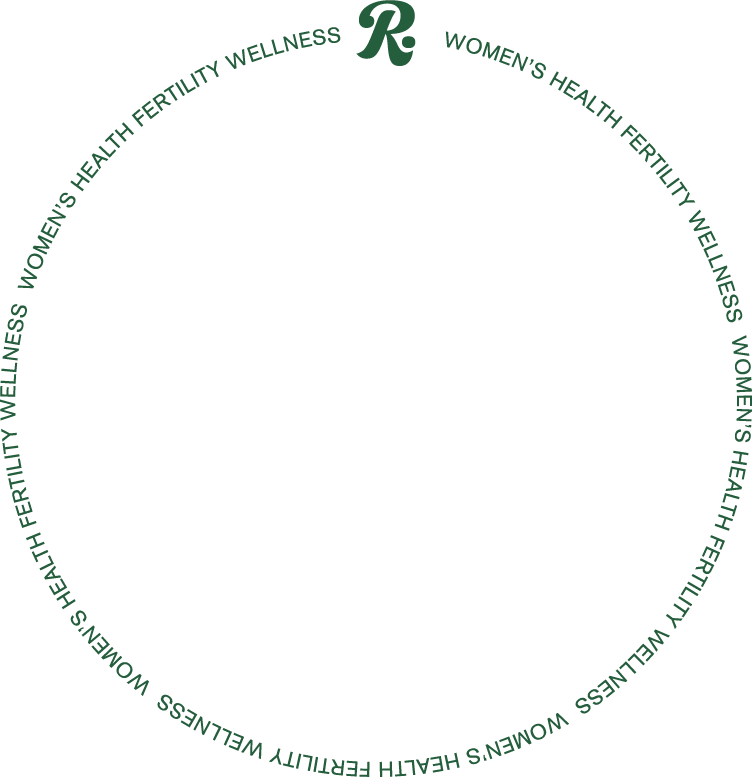From the minute you find out you’re going to be a parent, your life changes. Whether due to hormonal fluctuations, lack of support, sleep deprivation, or the overall shift in life circumstances, symptoms of anxiety or depression can arise for parents during pregnancy as well as in the months following the baby’s arrival.
1 in 5 new or expecting mothers suffer from a mental health condition during or after pregnancy, according to the World Health Organization (WHO). Over the past few decades, there have been significant efforts to make new parents aware of the signs and symptoms of postpartum depression, but postpartum anxiety is a lesser-known challenge. This leaves many women suffering in silence without awareness that they are dealing with a diagnosable (and treatable) mental health condition.
If you think you may be experiencing postpartum anxiety and are wondering how it differs from postpartum depression, speaking to your primary care provider or OB/GYN is an important first step. Read on to learn more about how to advocate for yourself with postpartum anxiety.
What is postpartum anxiety?
While it’s natural to have some anxiety while adjusting to your new role as a parent, for some, this anxiety can start to interrupt their functionality. A person with postpartum anxiety may experience an inability to calm down, incessant worry about unlikely accidents or emergency situations, poor sleep due to feeling “amped up,” or a constant need to check on the baby.
“Instead of a rise and fall of anxiety relative to events throughout the day, postpartum anxiety can be ever-present and difficult to soothe,” explains Elyse Shull, MS, LPC, LCPC, PMH, a licensed professional counselor certified in perinatal mental health.
In addition to the psychological signs of postpartum anxiety, heart palpitations, muscle tightness, trouble with digestion, headaches, extreme fatigue, loss of appetite, and shortness of breath can all be physical symptoms to look out for. It’s also important to note that while postpartum anxiety is its own diagnosis separate from postpartum depression, a fair amount of people experience both anxiety and depression symptoms.
“A perinatal mood and anxiety disorder (postpartum depression, postpartum anxiety, and others) can also begin during pregnancy or start anytime during the first year after welcoming a baby. Non-birthing parents can also experience postpartum depression or anxiety, so be on the lookout for symptoms and seek help regardless of whether you have given birth. All parent's struggles are valid,” says Shull.
What is the first step in screening for postpartum anxiety?
Often, your new baby’s pediatrician or your OB/GYN will give you a screening quiz for postpartum depression and anxiety. This is a measure put in place in the past few decades to try to determine when moms may need added support. If this questionnaire seems to resonate with your experience as a new parent, it’s important to further the conversation with your healthcare provider – especially if you find yourself experiencing intrusive thoughts or unable to get a break from constant worrying.
Because anxiety can be caused by so many different factors in those early months of parenting (breastfeeding, nutrition, sleep, parental leave status, family support, marital health, etc.), having a generalist who can help you look holistically at which factors are at play in your individual situation is useful. It is likely that you’ll be referred to a therapist to confirm a diagnosis, but because some of the symptoms are physical, your doctor is an important player on your team.
You should be as specific as possible about your symptoms so that your doctor can help you to distinguish between postpartum depression and anxiety. The reason it is important to honor postpartum anxiety as its own diagnosis is that some of the treatments for depression won’t be appropriate for anxiety, and vice versa.
Treatment options for postpartum anxiety
Once you’ve been diagnosed with postpartum anxiety, there are a variety of treatment options to discuss with your doctor. Therapy, specifically Cognitive Behavioral Therapy, is a common first-line approach. You can work with a therapist to try to identify the thoughts and situations that provoke anxiety and learn tools to work your way through or around these thoughts and situations. You might also seek out a therapist who is trained in mindfulness and can help you to learn coping mechanisms to help calm your central nervous system.
“There are also therapists who specialize in perinatal (pregnancy and postpartum) mental health who can help you discern what you are experiencing and offer the most effective types of therapy for your symptoms. Most of the therapists who specialize in perinatal mental health will have PMH-C after their name to show they are certified in this area,” explains Shull.
In some cases, your physician may prescribe medication, like an SSRI, to help mitigate your symptoms. Remember: there’s nothing to be ashamed of if you do choose to take medication to feel better quicker so you can be the best version of yourself for your child.
Seek help if you need it
Postpartum anxiety can be uncomfortable and, in many cases, frightening. For most people, it is a temporary condition brought on by the many changes in lifestyle and body chemistry that occur in the months before and after having a baby. But if you feel like new mom worry has developed into something that prohibits you from participating in day-to-day activities, have a conversation with your healthcare provider to discuss treatment options. You can’t pour from an empty cup, and you will never regret seeking help for you and your family.
Johanna Modak is a writer specializing in women's health, nutrition, femtech, and women's sports.












